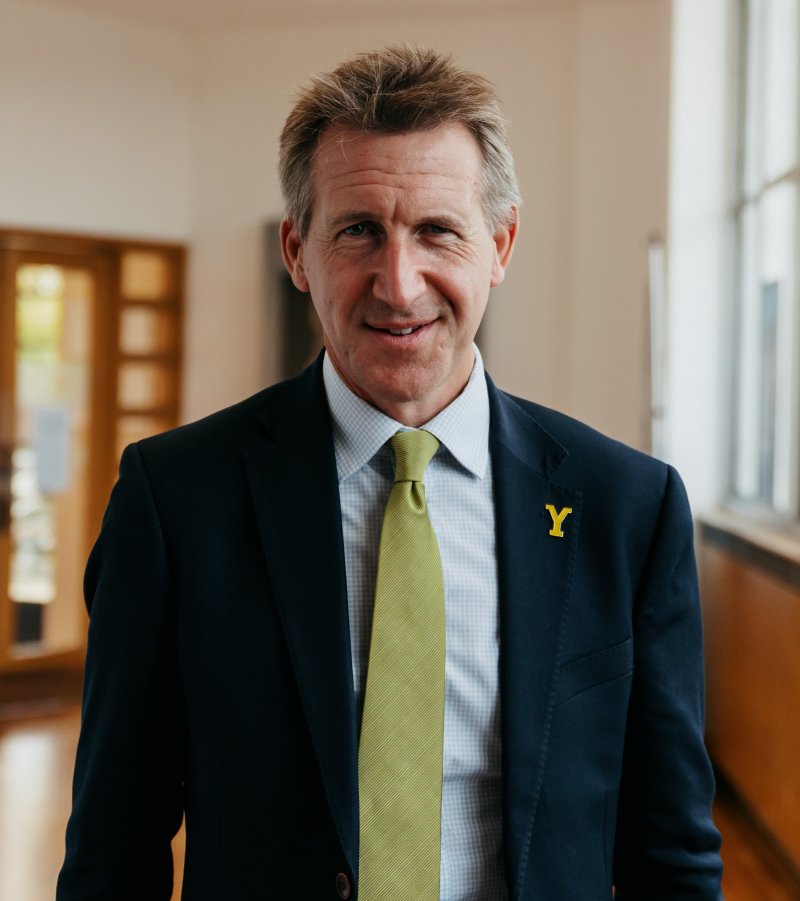A VOW to carry out a ‘major reform’ on heavily criticised services for youngsters with special educational needs to allow pupils to thrive in mainstream schools has been hailed as a huge step in the right direction by a Barnsley MP.
Barnsley youngsters are to benefit from a £740m cash injection from the government which can be used to adapt classrooms to be more accessible for children with SEND, and to create specialist facilities within mainstream schools that can deliver more intensive support adapted to suit the pupils’ needs.
Last year, only 20 per cent of pupils with SEND met the expected standard in reading, writing and maths at Key Stage Two level, sparking fears that in-need children are falling behind.
The scheme has been lauded by Barnsley South MP Stephanie Peacock, who told the Chronicle it will transform SEND pupils’ experience of education.
She has previously held meetings for parents of children with SEND alongside the MP for Barnsley North, Dan Jarvis.
“I know that SEND provision has been a major concern for people across Barnsley and I have been in contact with individuals, schools and the local authority to discuss these issues previously,” she said.
“I am pleased that the government are introducing the first steps for our reform, including allocating £740m into providing SEND provision in mainstream schools so that pupils can achieve and thrive.
“This money could be used to adapt classrooms for those with accessibility requirements, or create specialist facilities within mainstream schools to meet pupils’ needs, for example.
“We have also introduced the Neurodivergence Task and Finish Group, which will work alongside the Department for Education to drive inclusive education.”
The number of children with special educational needs in Barnsley is now at its highest-ever rate, but parents have regularly complained about the sector being chronically underfunded and unfair.
In total, Barnsley schools received a budget of £226.6m for this year but just £1.1m is allocated to special education needs support, leading critics to call on the government to reverse declining budgets across the country.
Ms Peacock has previously voiced her worries after the council was reported to have accumulated an £11m deficit in its SEND budget, with the potential to rise to more than £36m by 2024/25.
A ‘significant cost driver’ has been the number of youngsters - more than 200 - with school places outside of the borough, costing £11.2m.
“Labour will prioritise improving opportunity for children with SEND,” she added.
“I know this will be important news for many families in Barnsley.”
Secretary of State for Education, Bridget Phillipson said: “The current picture is stark - for too long, too many children with additional needs haven’t been getting support early enough, with dire consequences when issues escalate.
“But my commitment to reform - making tangible change to the SEND system to improve experiences for children and families - could not be clearer, and building a system where more children with SEND can attend mainstream schools is central to our plans.
“We are determined to break down barriers to opportunity for all children and will work closely with local authorities, schools and families to ensure inclusion is at the heart of learning and that all pupils are getting the support they need to achieve and thrive.”



























